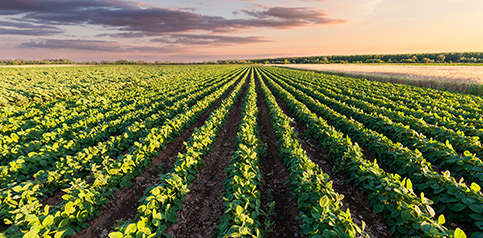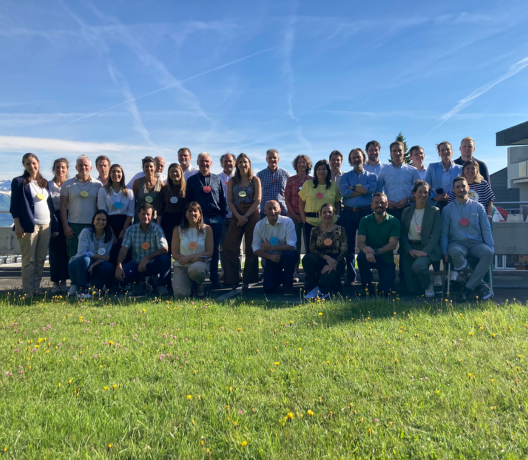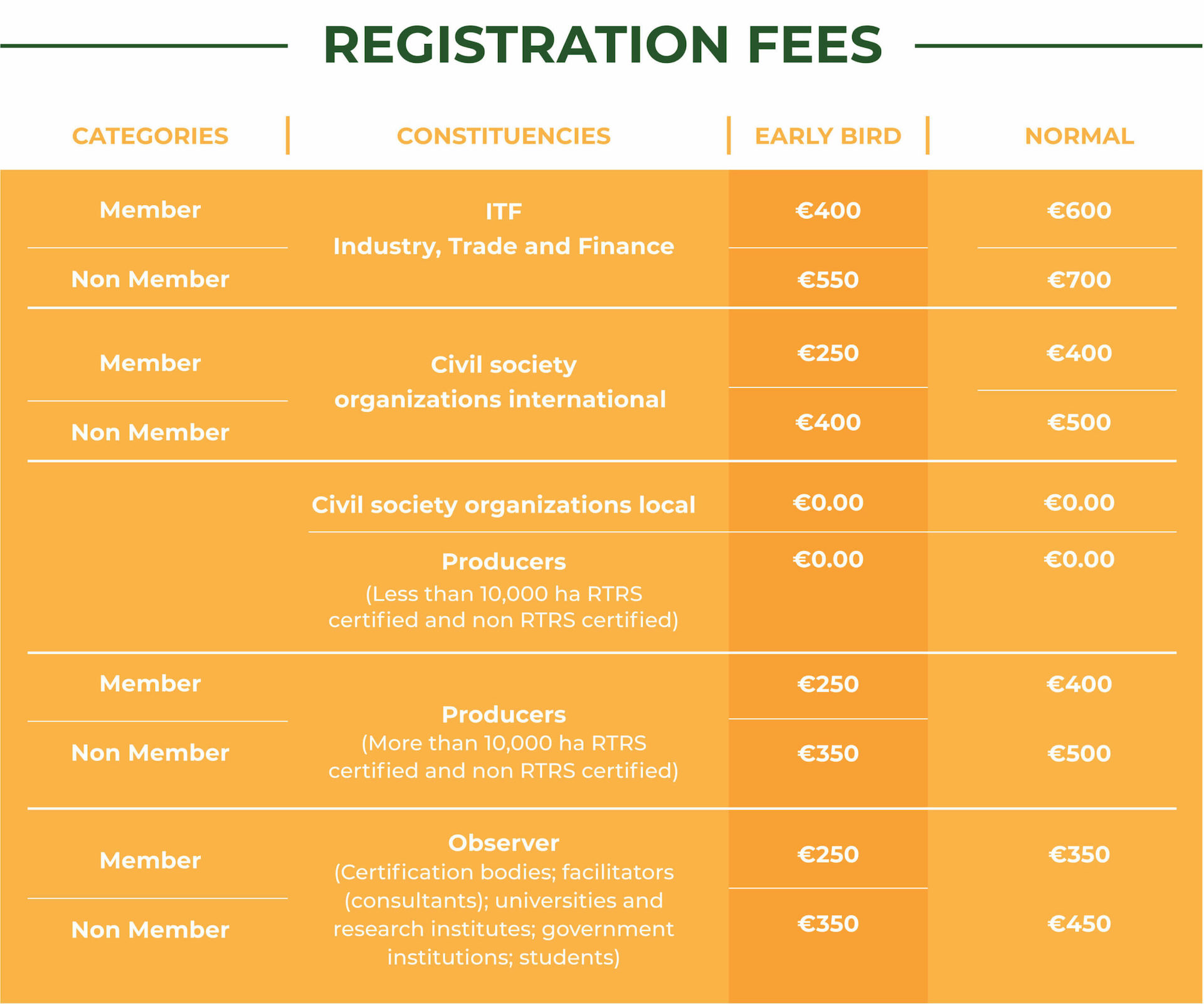Roundtable on Responsible Soy re-affirms its commitment to sustainably sourced biofuels
The European Commission approves more stringent and comprehensive RTRS standard for soy based biofuels
On November 17th, the European Commission (EC) announced that it had re-approved an updated version of the biofuel-specific module of the RTRS standard (known as the RTRS EU-RED module).
Biofuels and bioliquids are instrumental in helping European Union (EU) countries meet their 10% renewables target in transport. The EU’s Renewable Energy Directive sets out criteria for all biofuels produced or consumed in the EU, to ensure that they are produced in a sustainable and environmentally friendly manner.
RTRS offers a certification system through which companies can demonstrate they meet these criteria, and can therefore supply soy, soy products and byproducts to the EU biofuel market.
As one of the first schemes recognised by the EC in 2011, RTRS has undergone the process of re-recognition by the EC in 2016.
The re-approval follows 10 months of work by RTRS to revise and improve the module’s criteria. These revisions were made in response to the EU’s own updates to the Directive, shared through several communications from 2015.
The module has been amended to improve traceability through chains of custody and auditing standards. It has also addressed specific areas including greenhouse gas calculations and traceability, land use change and biodiversity definitions.
RTRS has also enhanced the way that it communicates its work in this area. It has now added certificate status information to its list of certified operators on the RTRS website. RTRS has also committed to produce an EU-RED specific annual report.
Overall, the revised module enables companies to demonstrate they are more robust in their practices, more accurate in their monitoring, and that they meet the revised Renewable Energy Directive in full.
Said Michelle Morton, Fuels Sustainability Manager, New Energies, Shell UK:
‘Shell is pleased to see the re-approval of the RTRS-RED standard by the EC as a voluntary standard to demonstrate compliance against the Renewable Energy Directive’s sustainability requirements for biofuels. Biofuels remain an important way to decarbonize transport fuel in the short term but only when they are grown in a responsible way. Shell has supported the RTRS for many years because it is multi-stakeholder and includes a comprehensive set of principles and criteria including many elements beyond the minimum requirements of the EU RED (eg. social, air, water and soil).’
This work represents RTRS’ commitment to continuous improvement in all areas of its work – by meeting the revised EU requirements, RTRS can now offer a standard that is more stringent and comprehensive, and contributes towards RTRS’ long term commitment to see 100% of soy produced responsibly, whatever its end use.
“The RTRS EU-RED module promotes the transparency of processes involved in ensuring compliance with the European Community sustainability requirements for the value chain of biofuels consumed in the EU”, stated RTRS Executive Director Marcelo Visconti.
“The adoption of the RTRS EU-RED module is a decision that enhances the strong commitment of companies and producers to society to ensure a sustainable supply of biodiesel, giving due consideration to technical, economic, environmental and social aspects”, added Visconti.
It is important to note that the changes made to the RTRS EU RED module do not affect the regular RTRS system. Only certified operators targeting the EU RED market are expected to implement these changes.
Now that we have the approval from the European Union, the Round Table on Responsible Soy Association will follow its internal governance processes in order to have this approved and ready for implementation.
RTRS has a multi-stakeholder soy standard that guarantees zero deforestation and sets important social requirements establishing clear criteria regarding human and labor rights, abolition of any type of discrimination and forced labor, as well as establishing requirements for relations with neighboring communities and indigenous communities and their rights.
















